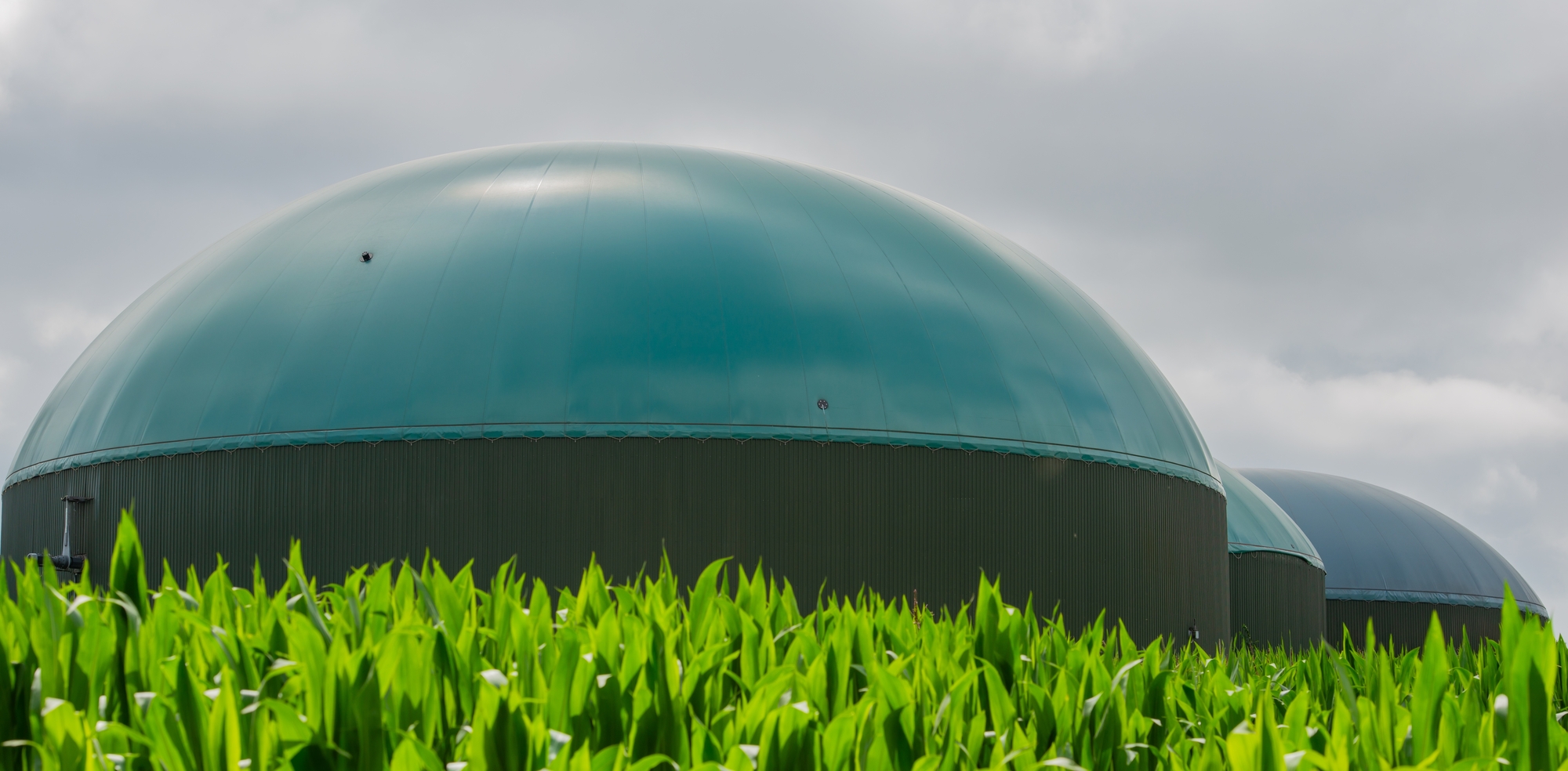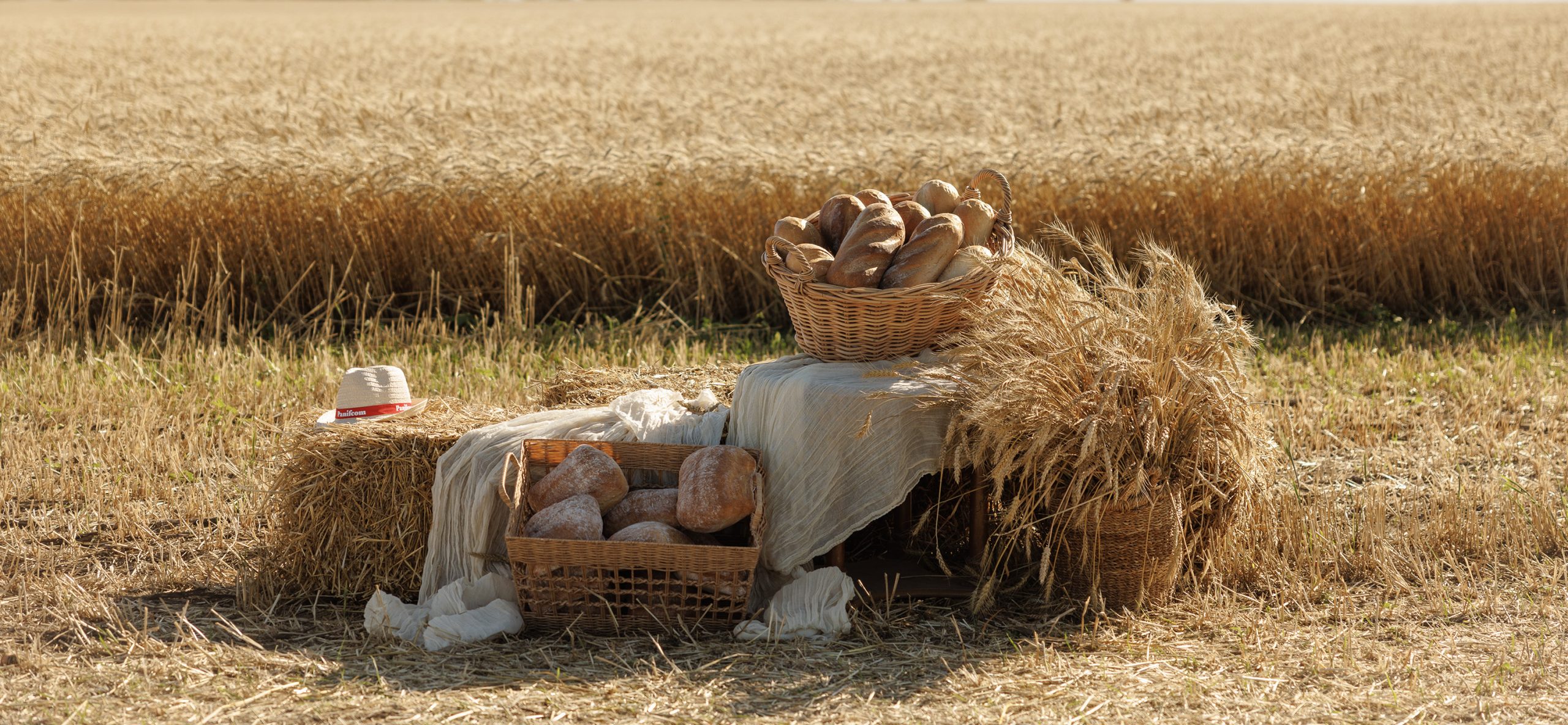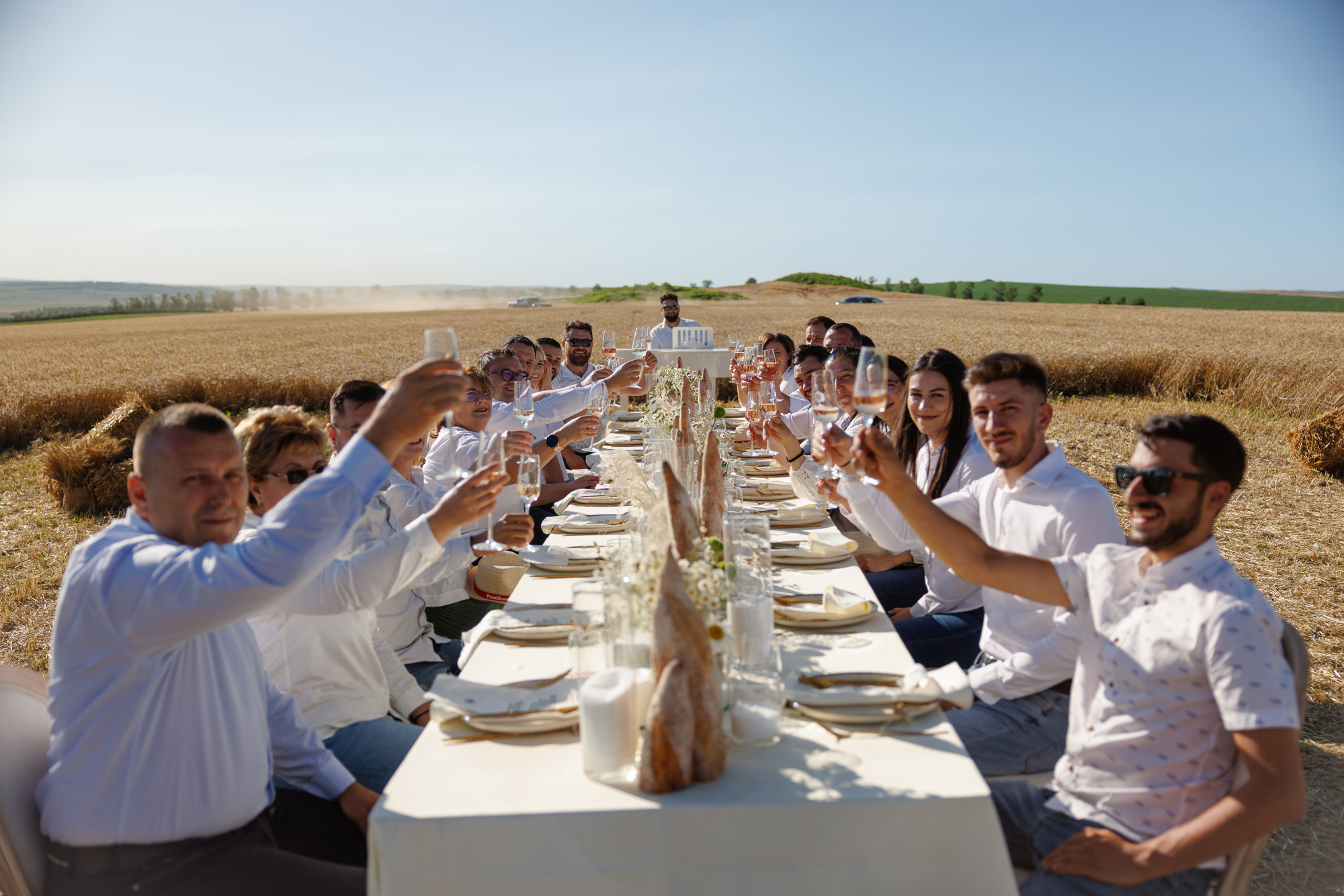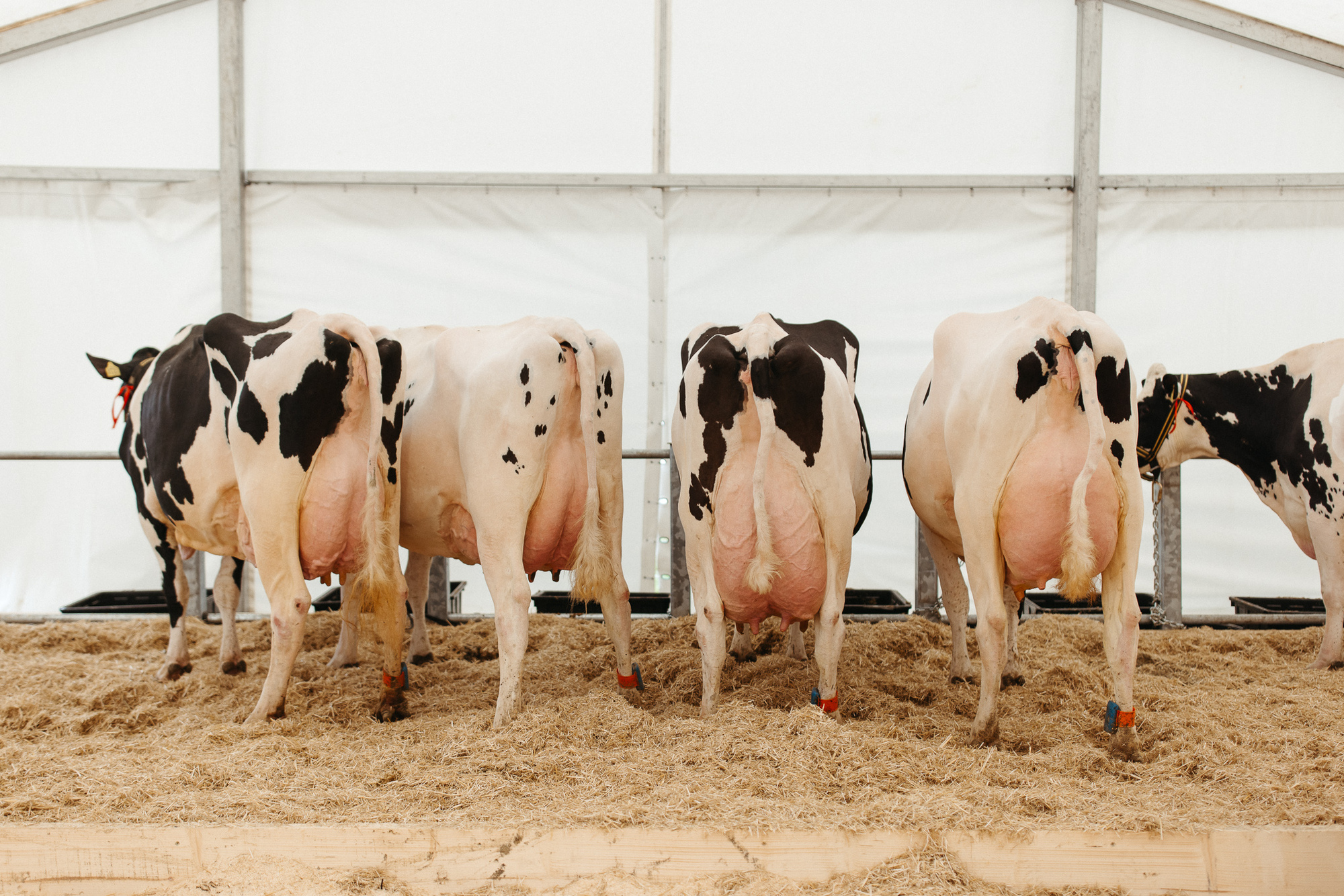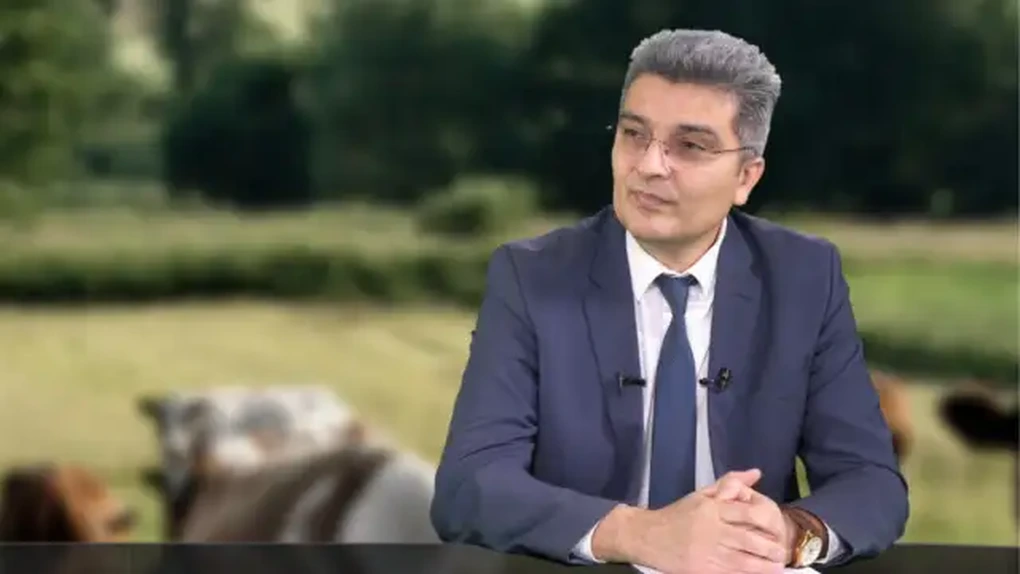Panifcom Iaşi has prepared a project for a biogas station, an investment of around four million euros, but it is waiting for the launch of the PNRR measures by the Ministry of Energy and the Ministry of the Environment, says the general director of the group, Liviu Bălănici.
“For this year, we have a biogas project, but there are also other projects underway that I cannot say at the moment. As investments, for example, biogas is around 4 million euros. The project is related to the cow farm and we really insist on the authorities in Romania to hurry up – because there is some money in this area – and the Ministry of the Environment and the Ministry of Energy to hurry up, because it is a very big need. The other farms benefit – and in Germany and Italy and in all other stations – they benefit from this money from the PNRR. One – it’s healthy for the environment and, two, we can get cheap energy to use in production”, stated Bălănici, on the occasion of a visit to the mill in Todireni, Botoşani county.
He stated that the Panifcom Group has everything ready, all the necessary authorizations and is just waiting for the measures to be launched.
“The ministries must launch those measures. They are caught in the PNRR, they have the Ministry of Energy and the Ministry of the Environment. We are waiting impatiently, we are ready, we have taken absolutely all the necessary steps to obtain authorizations, design, everything and we are waiting for the measures to be launched, because there is a need. We are competing with everyone else in Europe who have benefited from these subsidies for biogas plants and we are disadvantaged from this point of view. (…) They are very expensive and it is not easy for a farm to manage to do this. From what I saw in the other states, in Italy, in Germany, they were subsidized up to 90% if you consume your own energy. And we, in the farms, need energy, we need hot water, we need that sterilized garbage. We have (at the cow farm from Vlădeni – no) an installation through which we sterilize the garbage and reuse it as bedding, because we are talking about sustainability. We no longer consume energy… we put it in the respective installation, an aerobic temperature is created, where they manage to sterilize. So, the garbage matures very quickly and reaches a temperature of 75 degrees, and at 75 degrees the fungi and bacteria etc. die. and it is better than a bed of straw. The biogas project is all the more necessary. There we are talking about longer fermentation, we are talking about temperatures higher than 75 degrees and that garbage is much more sterile than the one we are currently producing”, explained the general director of Panifcom, according to Agerpres.
For his part, the director of the RO Holstein Association, Ionuţ Lupu, emphasized that these biogas units are a solution to the “industrial polluting cow” concept promoted at the level of the European Union, which aims to reduce livestock numbers.
“It’s a roller. Fortunately, the environmental issues and that ‘industrial polluting cow’ concept have been postponed. However, after the passing of this year – it is an election year both in Romania and at the level of the entire European Union, surely those European ambitions regarding greenhouse emissions and the induction of this ‘industrial polluting cow’ idea will return. We look at airplane maps and see that Europe is covered with dozens, hundreds of airplanes every minute, but we consider that the main polluter of humanity is the dairy cow. It is a slightly crooked approach from our point of view, but there are solutions. We are talking about countries like Italy, Germany, even France, which have made important investments in biogas units, in digesters and intelligently transformed manure into sources of energy and hot water. We are talking about Scandinavian countries that use these partnerships, these structures, so to speak, these biogas factories, biogas production units in public-private partnerships, because dispensaries, dormitories, schools are heated with hot water from these digesters. There are things that we have to do. For more than 3 weeks, we have had a constant dialogue with the representatives of the Ministry of the Environment, because there are open calls, there are support measures for the development of biogas units that we must transform, so to speak, into opportunities for farmers”, he said Wolf.
He emphasized that the Panifcom farm, with 2,050 Holstein cows, both queens and young females, records very high performances.
“We are talking about an average of over 47 l/day, a farm where 850 cows are milked with very, very high performance. On the one hand, we are talking about production characters that are exploited, the actual genetics are exploited at a very high level. We’re also talking about health traits, fertility traits that the farmer has been tracking for more than 10 years, using pair matching programs, and more than anything, he’s managed to keep up somewhat regardless of the problems. from the market. Even if there were times when probably the farmers were somewhat disappointed and failed to meet the costs, in the case of this farm the investment in genetics was a priority”, said the director of Holstein RO.
Also, the animals have very good welfare conditions.
“We are talking about ensuring the necessary space, using a sufficient amount of straw for increased comfort, we are talking about podiatry, regular trimming and a team of professionals. Also, interventions on the milking parlor, so that a quick and non-traumatic milking can be achieved, so to speak, for the animals. It is, therefore, an example of good practices, whether we are talking about the actual exploitation, management, and this is extremely important because, in the near future, the European Commission is putting extremely high pressure related to reducing the consumption of antibiotics at the farm level. Without ensuring optimal welfare conditions, without quality feed, reducing incidences and ailments, whether we are talking about mammary gland ailments or limb problems, their incidence and implicitly the consumption of antibiotics cannot be reduced. We are therefore in a farm that establishes, from my point of view, the trajectory. We are talking about a farm from which this morning 30 heifers left for the Republic of Moldova and we are talking about an export of over 150 animals in the last few months alone to farmers who are developing and have intensive growing conditions in the Republic of Moldova. So, we are talking about an important potential in the case of this farm, we are talking about a Chinese drop put both by the shareholders and by the head of the farm on the whole team, so that the performances can be recorded every day”, emphasized Lupu.
Asked what the level of investments in genetics is, Ionuţ Lupu answered: “I can only say that the value of a dose of semen varies from 25 to 70-80 euros. One, two, three doses of semen are used for a pregnancy. Now, depending on the strategy each farm has, a product can be obtained. Each farmer calculates the value of a vine on the first day, at the age of one day. Starting from there, the costs depend on the management, on the feed used, on the vaccination programs that each farm chooses”.
The representative of the association says that the animals can leave the farm “without any emotion” to any destination in Europe or other neighboring countries.
Panifcom is a sustainable business model in Moldova, a homogeneous ecosystem with four branches of activity, interconnected but independent – grain cultivation, animal husbandry, milling and baking. In 2024, Panifcom, the largest bakery producer in Moldova, turns 100 years of existence. The Panifcom cow farm from Vlădeni, Iasi county, is one of the most progressive cow farms in the country, which is confirmed by the large number of animals with excellent genetic value. The Panifcom farm cows are part of an extensive genomic testing program carried out with the support of the Neogen laboratory in Scotland and the CDCB Agency in the United States.
Original article: Here.


